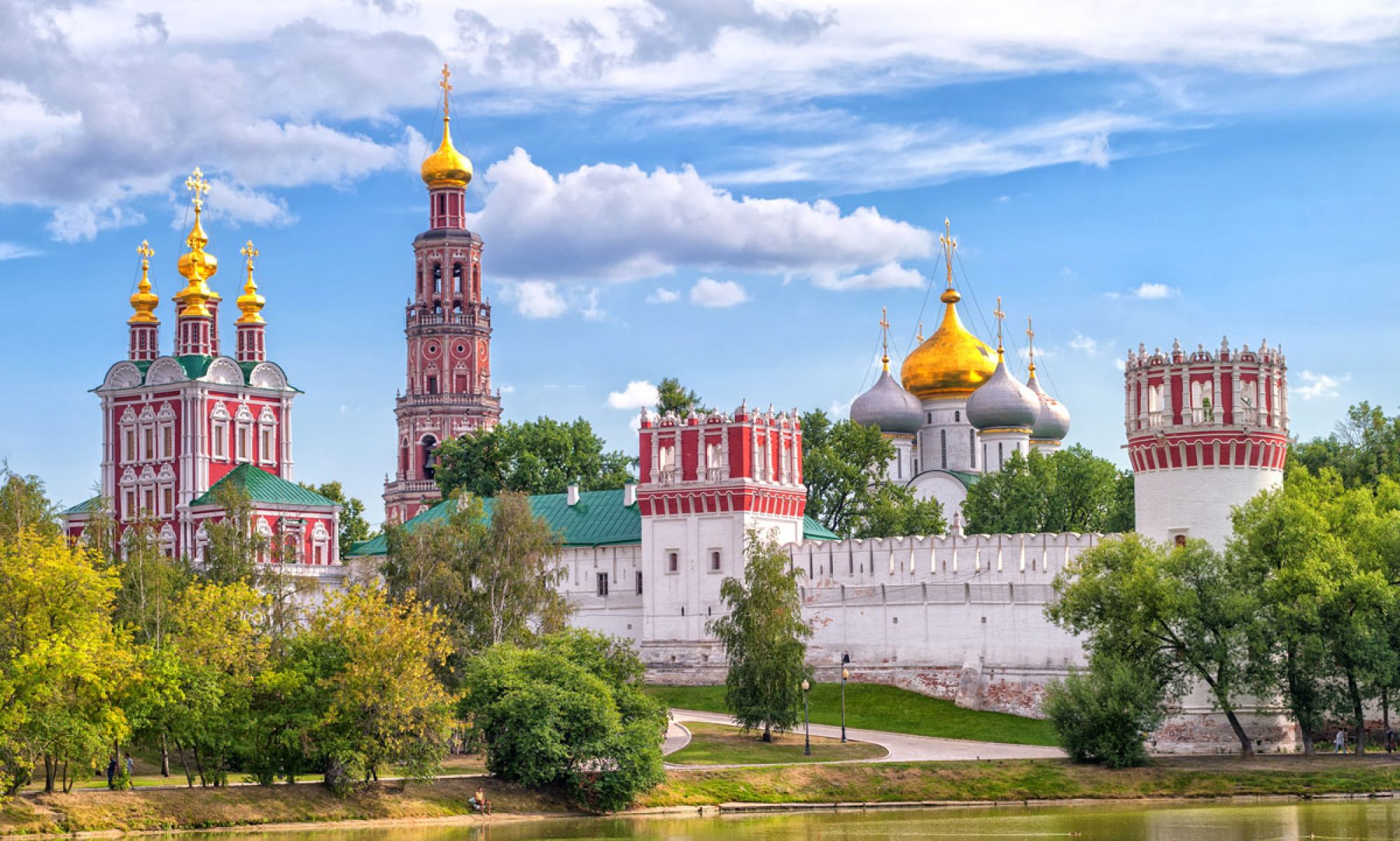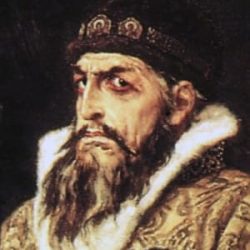At the end of the time of troubles the state was left with one primary goal and that was to enforce and protect the legitimacy of the Tsar. After the immense amount of chaos and strife that had occurred during the Time of Troubles the Russian state wanted to do everything in it’s power to prevent another political or physical attack against the Tsar. This desire led to the centralization of state power which would than enforce stricter state control over the Russian people to prevent further conflicts. This led to bureaucratic developments such as the Voevoda who grew in power and had roles that were similar to those in a modern bureaucracy. As well as the Zemskii Sober who function almost as a legislative branch, however, it is worth noting that the Zemskii was not written into law and had no cultural tradition within the state. The centralization of state power came to its peak with the codification of 1649. The Code of Law of 1649 otherwise known as the Ulozhenie was the most significant piece of law codes developed in Russia up to this point as it was the most formal as well as the fact that it was intended to apply to everyone within the state. It was developed by the Zemskii and was a clear representation of the authority that they had if only for a brief time within the Russian state. The Ulozhenie did several things to further establish legitimacy to the Tsar as well as further assert state control. The most notable being the severe punishment of traitors and those that threaten the state, the legalization of enserfment, and the seizing of church lands. The development of the Ulozhenie was greatly significant due to the power it gave to the state and how it seized what little control that those residing in the state had left.
Questions:
-Why assist the church by punishing blasphemers and heretics and yet prohibit the expansion of church land? Chapter 1 pg 294
-Why is it significant that the Ulozhenie established stricter laws preventing people from harming or stealing each other? Should the Ulozhenie only focus on punishing those who harm the state?
-The establishment of a travel documentation is mentioned in Chapter 6, why is the state concerned with travel documentation?
-Was the development of the Voevoda and the Zemskii Sober significant and if so why?

